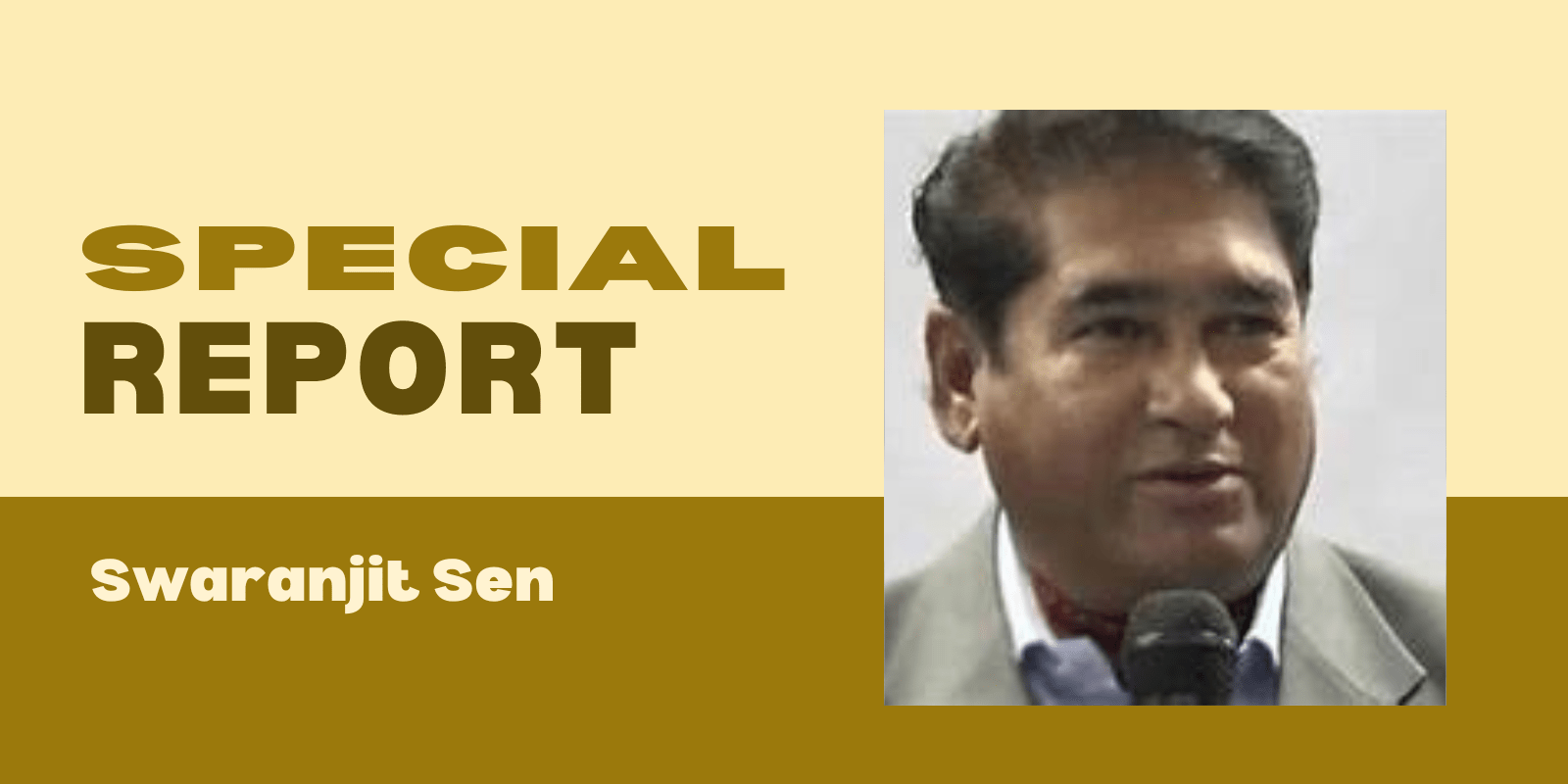Pope Francis, the first Jesuit and the first Latin American pontiff to lead the Roman Catholic Church, passed away in Vatican City at the age of 88. Born Jorge Mario Bergoglio in Buenos Aires, Argentina, he ascended to the papacy in 2013 and spent more than a decade transforming the Church’s relationship with the modern world. His papacy was marked by humility, reform, and a relentless push for peace, dialogue, and inclusiveness — values he held sacred in an increasingly fractured world.
From the moment he stepped out onto the balcony of St. Peter’s Basilica as the newly elected pope, rejecting opulence and asking the crowd simply to “pray for me,” Francis set a tone of simplicity and deep humanity. He eschewed papal palaces for modest quarters and made it clear that the Church must be “a poor Church, for the poor.”
His global mission, however, was anything but modest. Pope Francis emerged as a moral force far beyond the confines of the Catholic world. He confronted the crises of our age — poverty, climate change, war, migration, and religious intolerance — with the urgency of a prophet and the gentleness of a pastor.
A Pope Who Looked East
India held a special place in Pope Francis’s vision for interreligious dialogue and peaceful coexistence. Though he never set foot in the country — a glaring omission in Vatican diplomacy, many believe was more bureaucratic than personal — he often spoke warmly of India’s spiritual traditions and its potential as a beacon of pluralism.
He repeatedly praised India’s “great cultural and religious richness” and expressed admiration for its Constitution, which enshrines secularism and equal rights for all faiths. In his messages to Indian leaders and the Catholic Church in India, Pope Francis encouraged unity, harmony, and service to the poor — values he saw as deeply compatible with both Christian and Indian traditions.

In times of communal tension, he never hesitated to voice concern. Whether it was anti-Christian violence in India or anti-Muslim bigotry elsewhere, Francis stood firm on the Church’s stance: violence in the name of religion is an affront to God. His calls for mutual respect, compassion, and dialogue resonated deeply in a country as religiously diverse as India.
A Pope for All Peoples
Under his leadership, the Vatican took major steps toward mending ties with Islam, Judaism, Buddhism, and other world religions. His historic meeting with the Grand Imam of Al-Azhar in Abu Dhabi in 2019, where both men signed the Document on Human Fraternity, remains one of the most significant gestures of interfaith unity in modern times. The document called for an end to extremism and urged people of all faiths to unite in the service of peace, justice, and human dignity.
He also addressed controversial issues within the Church with refreshing candour. From clergy sexual abuse to the role of women in the Church, from LGBTQ+ inclusion to reforming the Curia, Pope Francis pushed the boundaries of traditional Church orthodoxy without tearing its foundations. His critics accused him of being too political, too lenient, or too progressive; his admirers hailed him as the most Christ-like pope in centuries.
A Legacy of Compassion
More than any encyclical or speech, it was Francis’s example that moved the world: washing the feet of prisoners, embracing the disfigured, feeding the homeless, comforting refugees, and visiting war zones. His papacy embodied his chosen motto: Miserando atque eligendo — “by having mercy and by choosing.”
Pope Francis leaves behind a Catholic Church that may not be fully united in doctrine, but one undeniably stirred by his call to love the poor, care for the Earth, and seek peace with all people. For a world teetering on the edge of division, his life was a sermon in humility, and his death a moment to reflect on the power of faith not as dogma, but as dialogue.
In an age hungry for empathy, Pope Francis gave the world not judgment, but a listening ear. Not condemnation, but embrace. Not walls, but bridges. His passing marks the end of an era — but the beginning, perhaps, of a deeper commitment to what he cherished most: peace among peoples, and harmony among faiths.






